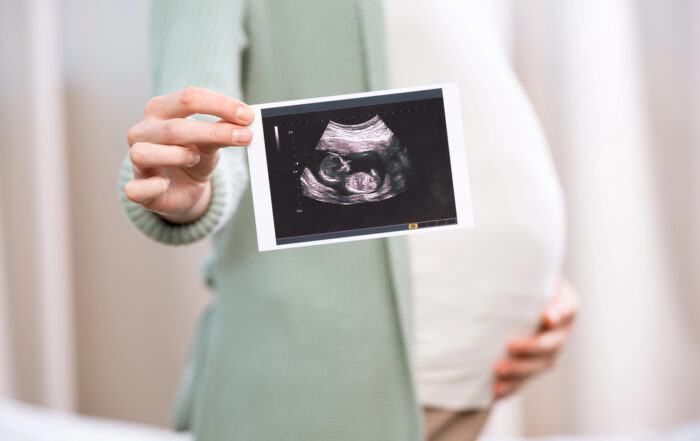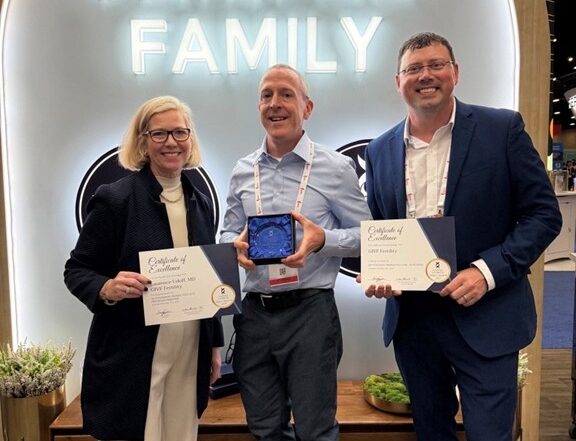
Egg Freezing in Virginia and DC
Egg freezing, also called egg banking, is a proactive way to protect your fertility future. Freezing your eggs during optimal fertility years (20 – 32) increases your chances of successful IVF outcomes down the road if you don’t plan to start a family until you’re 38 years old or older. This method of fertility preservation is also used by women who have a health diagnosis or medical treatment plan that may compromise their fertility.
We offer fertility preservation and egg freezing in Virginia and DC, so you’re always welcome to call GIVF Fertility at (800) 552-4363 or contact us to schedule a consultation to learn more about whether it’s the right choice for you.
Who Uses Egg Freezing?
Egg freezing was originally discovered as a way to preserve fertility for women who had a medical condition or treatment that threatened their fertility, such as cancer or certain reproductive surgeries. However, over time, fertility specialists recognized egg freezing could also benefit women who wanted a family but knew that their life plans or situations would mean not getting to start their family until they were in their late 30s or into their 40s.
This includes women:
- Diagnosed with low ovarian reserves or who have started early menopause.
- With endometriosis, fibroids, or other reproductive issues that could threaten fertility.
- Interested in transitioning to become a transgender male.
- Pursuing academia and tenure.
- Desiring to make the most of their career while they can.
- Waiting to meet the person they want to start their families with.
By freezing and storing their eggs, women with a healthy medical and fertility prognosis don’t have to worry as much about their biological clock (IVF success rates are primarily based on the age of the eggs used to create the embryo).
The egg retrieval process
If you are a good candidate for egg freezing (more on that below), this process will happen similarly to the first half of the IVF cycle. However, in your case, the eggs will be frozen until you are ready to complete the cycle via egg fertilization and embryo transfer.
- You’ll use injectable fertility medicine to stimulate the ovaries to produce an abundance of eggs (this usually takes about 10 to 12 days).
- We’ll monitor you carefully using ultrasounds and blood work until the follicles are mature and the eggs are ready.
- You’ll administer a trigger shot that stimulates a timed release of the eggs. In most cases, your retrieval appointment occurs 72 hours after the trigger shot.
- You’ll take a day off from work or school on retrieval day. Under light anesthesia, your fertility specialist uses ultrasound to gently guide a specialized instrument that aspirates (sucks) the eggs from the follicle.
- Our embryologist will assess each egg to ensure that only fully mature eggs are frozen for IVF.
Typically, assuming you have healthy egg reserves – and depending on your age – we hope to retrieve at least 15 to 30 eggs.
Talk to GIVF Fertility about egg freezing and your fertility goals
Would you like to learn more about how egg freezing might support your fertility goals? Schedule an appointment with us here at GIVF. We are Virginia and DC’s leaders when it comes to fertility preservation, and we’re pleased to offer egg freezing, as a method to help patients plan for parenthood and their future families.





